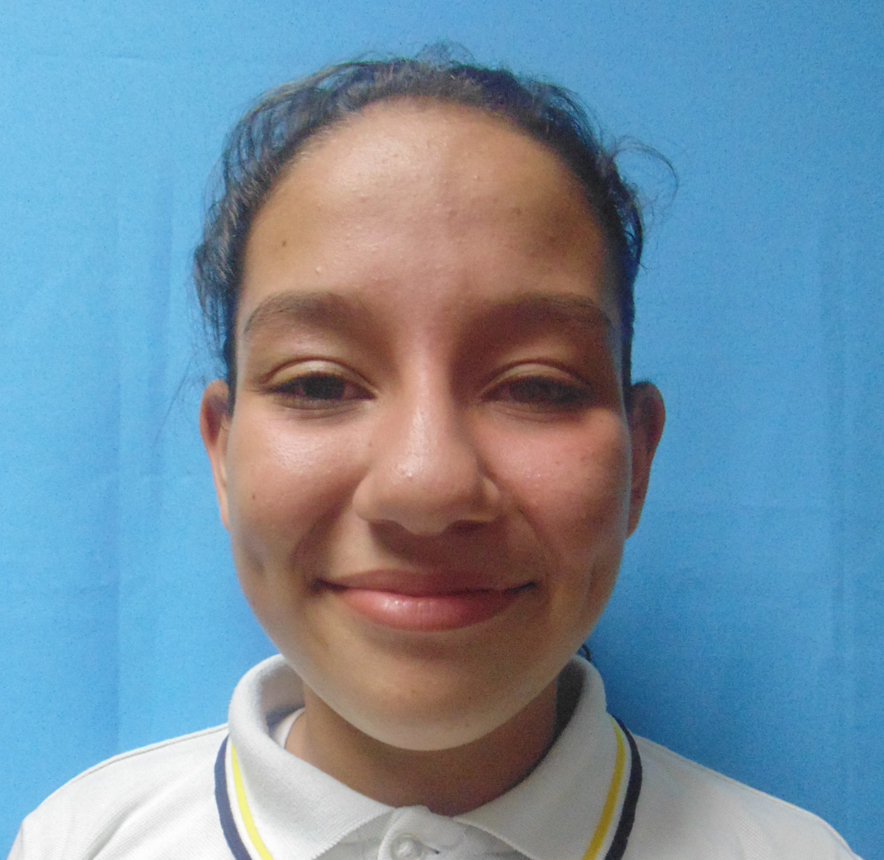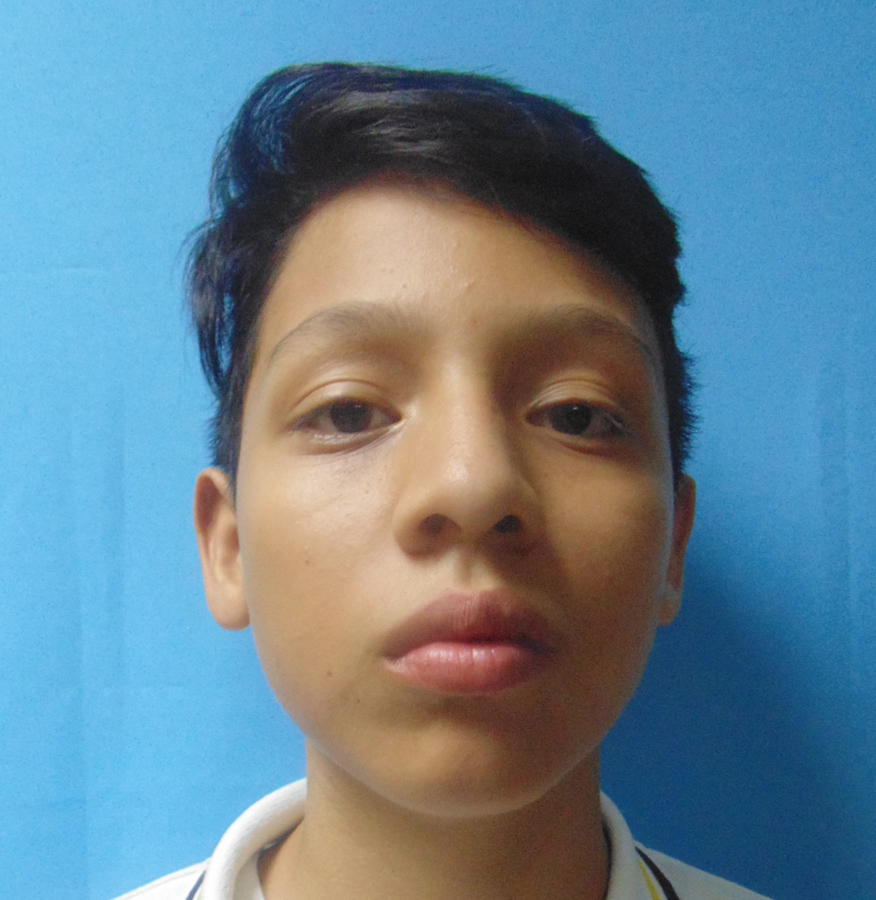facts about the Zacapa School:
- Grade-levels served: First – twelfth
- Facility description: A large campus including classrooms, laboratories, workshops and shaded playgrounds. There is also an audiovisual room where the children can watch educational videos.
- Curriculum: Children receive instruction in core academic subjects. The school has recently started an English language laboratory and a handicraft class for elementary school-level students.
- Academic schedule: Typically begins in mid-January and ends in late October. Students enjoy summer break during the months of November through mid-January and a two-week winter break in June.
- Nutrition: The school serves at least one nutritional meal each day.
- Medical care: Children’s health is closely monitored, and medical care is provided as needed by a local physician.
Located just southeast of Mexico, Guatemala is the most populous country in Central America. Its spectacular mountains boast a wealth of natural resources and stunning biodiversity. For centuries, this land served as the core territory of the Mayan civilization.
Following two centuries of Spanish colonization, Guatemala gained its independence in the early nineteenth century, only to endure another 150 years of political instability and civil unrest. Additionally, this area is prone to devastating natural disasters, such as earthquakes, volcanic eruptions, and hurricanes (which cause mudslides and flooding). Despite recent economic growth and successful democratic elections, Guatemala still struggles with widespread poverty, illiteracy, crime and high rates of unemployment and underemployment.
The agricultural town of Zacapa, located some 70 miles east of Guatemala City, is no exception to these maladies. For this reason, Zacapa School serves as a beacon of hope. In 1952, upon discovering that many children were unable to receive an education due to the scant number of schools in this rural area, a group of American Lutheran missionaries established a boarding school to remedy the problem. Although not many children actually board at Zacapa School today, the school continues its mission of providing impoverished children with a sound education — the key to breaking the cycle of poverty — and moral guidance. Here, children receive the opportunity to rise above the difficult socioeconomic circumstances from which they have come.
Facts about GUATEMALA:
- Population: 16.6 million (2020)
- Languages Spoken: Spanish 60%, Amerindian languages 40% (23 officially recognized Amerindian languages include Quiche, Cakchiquel, Kekchi, Mam, Garifuna and Xinca)
- Unemployment Rate: 2.51% with high underemployment (2020)
- Poverty Rate: 59.3% (2020)
READ MORE STORIES FROM OUR PROJECTS IN GUATEMALA:
Supplying Families in Guatemala City with Food



